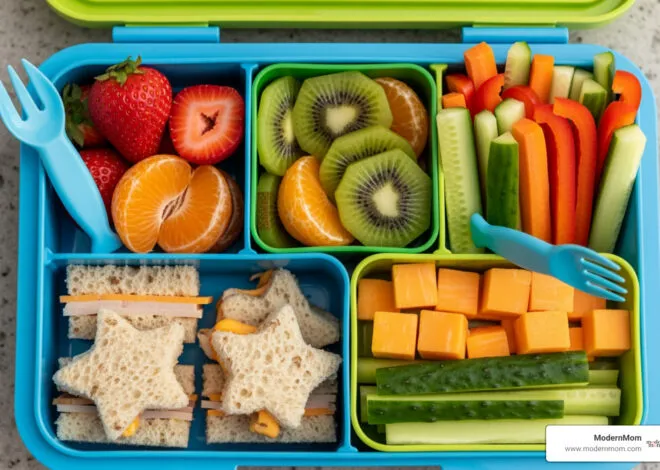Parenthood brings with it many new worries, including the color of your baby’s stools. With numerous diaper changes on an average day, most parents see a variety of stool colors. The changes cause alarm in some new parents. A range of stool colors are possible, but some colors could signal an underlying problem.
Age
The normal stool appearance changes with a baby’s age. A newborn’s bowel movements produce dark, sticky stools, often a dark green or black color. After a few days, the color lightens to a shade of green. As the baby continues getting older, the stools continue change colors based on several factors.
Early Diet
A baby’s diet affects the color of his stools to some degree. Breastfed babies tend to have stools that are lighter in color, typically yellowish or with a slight green tint. A baby fed formula generally has brown stools. The brown color might also include shades of tan, yellow or green. Some babies are given iron supplements that cause darker green stools, sometimes leaning toward black.
Diet With Solids
When you add solids to your baby’s diet, her stools typically increase in output, consistency and color. The most noticeable change comes for breastfed babies, whose stools might change to a brown color. Brighter colors could fleck the stools if the solid foods aren’t completely digested. Even if particular foods are digested they could change the color of stools. For example, a baby who eats a lot of orange foods like carrots may have stools that appear orange.
Mild Problems
Color sometimes changes with minor health problems. If your baby has diarrhea because of an infection or allergic reaction, his stools might appear brown, yellow or even green. A constipated baby might have stools with some red from bleeding at the anus. Bright green poop in a breastfed baby’s diaper could mean he isn’t receiving enough calories from your milk.
Serious Problems
Some stool colors are cause for concern because of the possibility of a more serious problem. Stools that are mostly red with blood could signal a serious intestinal problem. Black stools in babies who aren’t taking iron supplements could indicate blood that was digested. A very light or whitish stool could indicate gallbladder or liver problems, according to BabyCenter. If your baby’s stools contain blood or are very light white, call your pediatrician.





